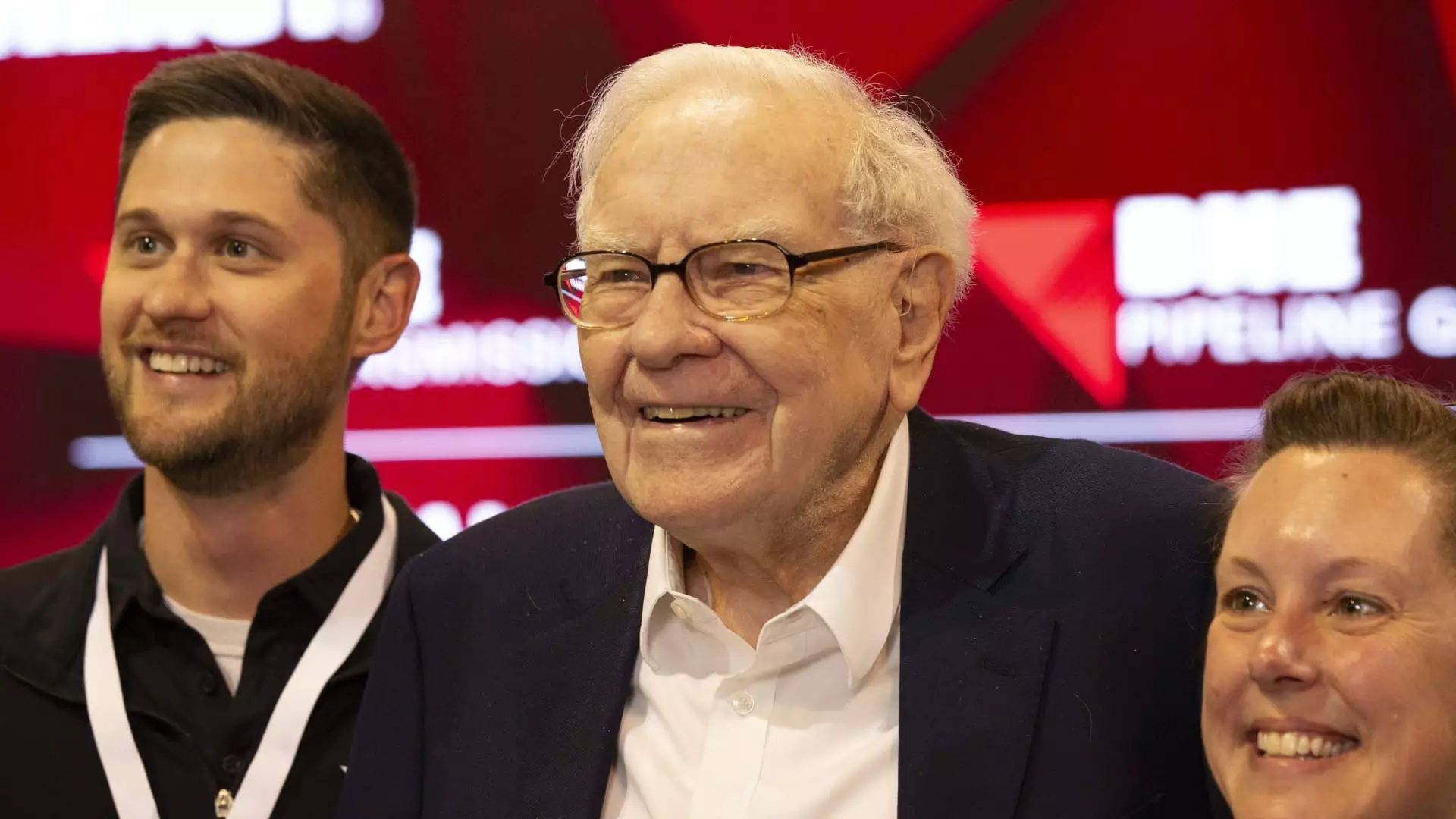Warren Buffett’s Berkshire Hathaway has raised eyebrows once again with its latest investment decisions, now significantly increasing its holdings in SiriusXM, the satellite radio giant based in New York. With an impressive 32% stake, Berkshire has acquired approximately 3.6 million shares, translating to an outflow of about $87 million over a short span of time. This move comes shortly after the completion of John Malone’s Liberty Media restructuring, marking a pivotal moment in the audio entertainment sector. Such strategic acquisitions seem to highlight Berkshire’s willingness to capitalize on the potential growth of companies even in challenging market environments.
The decision to invest heavily in SiriusXM has raised questions about the motivation behind it, especially given that the company has faced notable subscriber losses and significant shifts in demographics. Analysts appear divided on the stock, with only a minority willing to endorse it—a glaring indication of the prevailing skepticism. Recent reports indicate that SiriusXM’s long-term growth prospects are under scrutiny, as firms like JPMorgan have issued underweight ratings due to fears that they may struggle to expand their audience base effectively.
In an environment where streaming options are plentiful and competition is fierce, SiriusXM’s position seems precarious. The recent merger activities led by Liberty Media, which also included splitting the Atlanta Braves into a publicly traded entity, further complicate the landscape. This aspect adds to the uncertainty, raising a critical question: Can a traditionally dominant radio player adapt and thrive in a market increasingly favoring on-demand streaming services?
Historically, Berkshire Hathaway’s ventures into the media sector have been mixed. A notable recent example includes its investment in Paramount Global, which turned sour quickly, prompting Buffett to exit the position after acknowledging the miscalculation. His reflections on audience preferences and the crowded streaming landscape illustrate a clear recognition of the complexities involved in media investing today. Buffett’s cautious approach combined with his investment strategies indicates a strategic pivot; Berkshire is looking for targets with better long-term viability, yet it seems to be taking calculated risks.
Despite these challenges, Berkshire’s stock purchase did lead to a notable short-term reaction in SiriusXM’s market price, resulting in an 8% uptick following the announcement. However, it’s essential to note that even with this boost, the stock remains down over 50% for the year, hinting at deeper underlying issues that may persist regardless of Berkshire’s involvement.
As Berkshire Hathaway invests further in SiriusXM against a backdrop of market skepticism, questions remain about the sustainability of this strategy given the company’s current challenges. The recent reductions in share count after the Liberty transaction could hinder buyback initiatives, thus possibly putting additional downward pressure on the stock.
Ultimately, as the world’s media landscape evolves, both SiriusXM and Berkshire Hathaway will need to navigate these turbulent waters with caution. Their investment strategies may presage a turning point for the audio entertainment sector, particularly if SiriusXM can adapt and overcome its demographic difficulties. For Berkshire Hathaway investors, this situation serves as a reminder of the complexities and unpredictable nature of media investments, reinforcing the importance of due diligence and a clear understanding of market dynamics.

